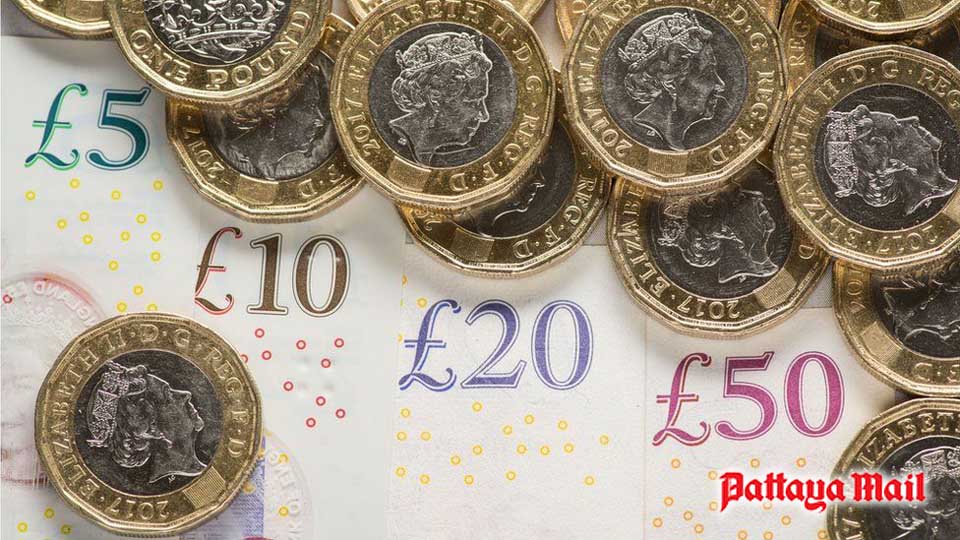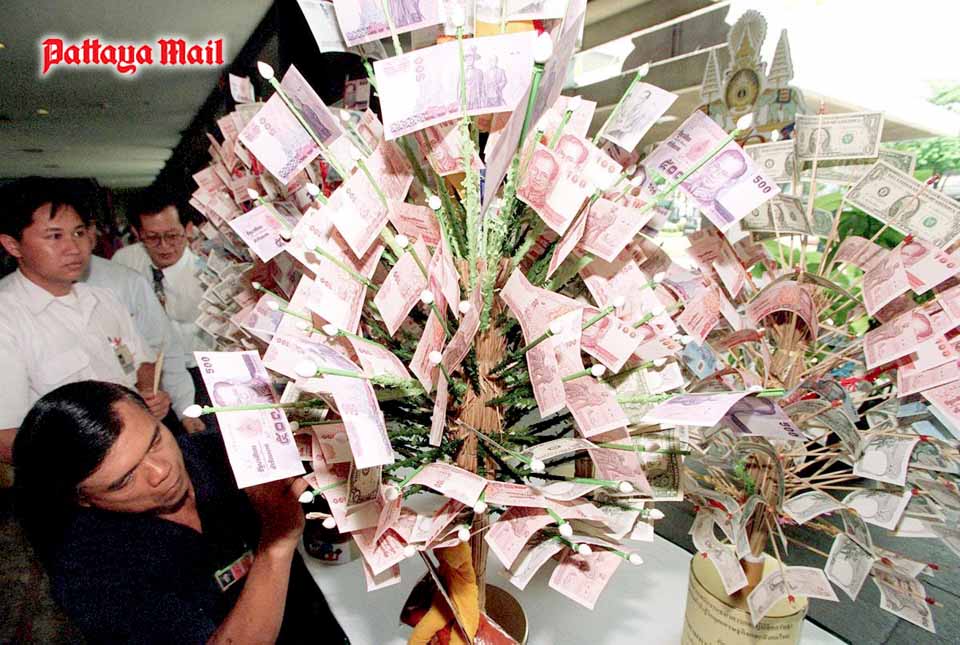
The formerly battered UK pound is set to burst through the 43 baht barrier in a surprising spurt which began once it became clear last December that the “worst” Brexit option of a no-deal with the EU had been averted. Many currency speculators are predicting a rise to 45 baht during April in pound currency heights which have not been seen since 2018.
The pound is also knocking on the US$1.40 door as the United States faces rising inflation and an economic sluggishness created by continued coronavirus havoc there. In fact, the pound has not been at this level for three years, whilst the British currency is presently at its highest point against the euro for nine months.
There is still a feeling in the currency markets that the pound remains undervalued because of the tortuous Brexit path which turned out less awful than many had predicted. Other key factors have been the Bank of England’s refusal to be drawn down the path of negative interest rates, the UK’s rapid vaccine rollout, the forthcoming end of economic lockdown and falling numbers of Covid-related hospitalizations.

On the other hand, there are some ghosts lurking which could reverse these trends. Currency markets hate uncertainty and there is currently lots of it as regards the future of Scottish independence. Any prospect of Scotland leaving the UK would send the pound into a downwards spiral.
There is also escalating tension between the UK and the EU about Boris Johnson’s decision unilaterally to extend the grace period for Northern Ireland which, trickily, has a land border with an EU member the Republic of Ireland. This is just one of many unresolved muddles which were not solved by last winter’s Brexit deal.
Meanwhile, Thailand is not currently at the center of currency speculation. She still maintains a balance of payments surplus and good currency reserves, even though both have been sliding in recent months. Any large-scale return to international tourism would benefit the Thai baht, although there is little chance of that occurring whilst quarantine restrictions of any length remain in place.





